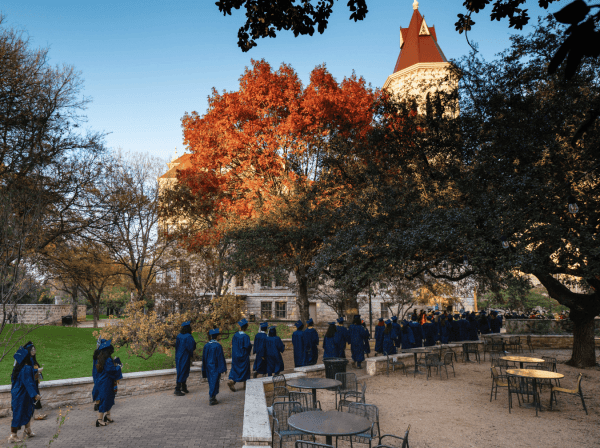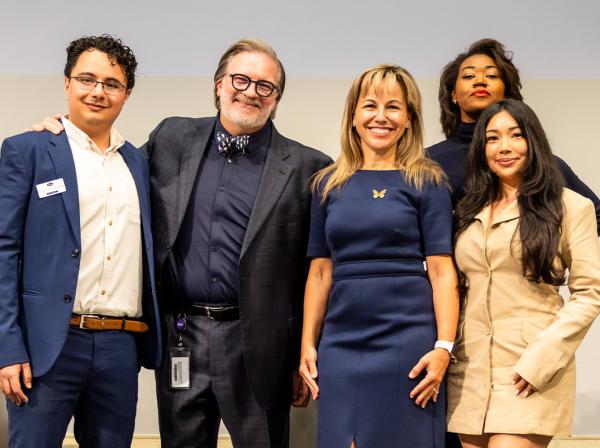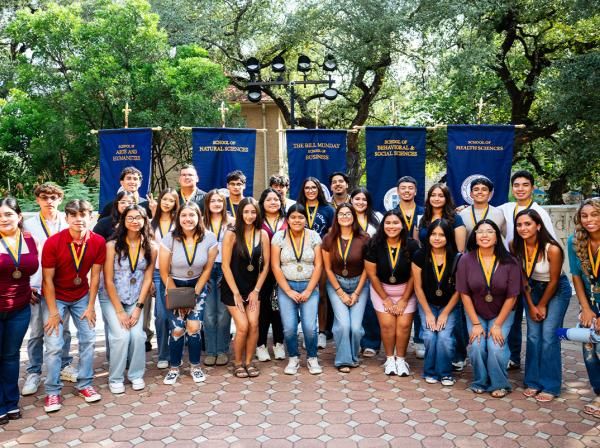Making Your College Shortlist During a Pandemic
Your ultimate goal when choosing a college is finding one with the major you want to pursue, classes that fit your learning style, internship programs to prepare you for a career, and a community where you can see yourself being happy.
Fortunately, you can do most of your college search from home. You’re probably getting mail and email from schools, and colleges are putting even more videos on their websites right now. You can use this information to choose the three to five colleges — some students will choose more — where you plan to apply.
Here are seven factors you should consider as you make your list.
Look for Colleges with Your Major, If You’ve Decided on One
If you don’t know what career to pursue yet, that’s completely normal for a high-school student. Make sure the colleges on your list have several majors that interest you, or a good program to help undecided students find their fit. Smaller liberal arts colleges are an especially good fit for undecided students because the academic program requires you to sample lots of different classes.
The Size of a College Will Have a Big Influence on Your Experience
If you learn better in an environment where you can get personal attention, focus your search on smaller colleges. Many classes are online right now, but there’s still a difference between learning in a Zoom class of 20 students and listening to a recorded lecture designed for ten times that many.
Consider the College’s Location (City, Suburb or Small town), Internship Opportunities, Extracurricular Activities and Study Abroad
Big campus events, service programs and study abroad are all important parts of the college experience. Where do you want to be for those opportunities? Colleges’ websites will have information about what these programs look like.
Learn about the Campus
Especially your options for living in the residence halls, and facilities like science labs and performing arts spaces, if you’ll major in a related field. Take a college campus tour — St. Edward’s offers in-person tours. Many colleges also offer tour videos or live virtual tours via their websites, and some offer videos about academic programs or campus recreation. Some, like St. Edward’s, may also offer personalized virtual visits. If you live near a college that interests you, find out if it’s ok to drive or walk through the campus on your own.
Find out Each School’s Admission Requirements
So you have a rough idea of how likely you are to get in. Be ambitious – you should always apply to your dream school, even if it seems like a long shot. On the flip side, you also should apply to at least one college that you’re 100 percent sure you’ll get into and would be happy attending. The rest of the schools you apply to should be somewhere in between. They’re schools where you’ll maybe or probably get in, and you’re excited about their programs and campus.
Consider Cost Last
This is always good college-planning advice. A college’s published price is not necessarily what you will pay. Once you are accepted to the college and fill out the FAFSA, each college will offer you a financial aid package. Often, financial aid — scholarships, grants and loans — can turn the most expensive college into the most affordable one. So don’t rule out a school based on its sticker price. Many colleges are aware that people’s resources have changed during the pandemic and are willing to work with you on financing your education.
Find a College That Will Support You
Going to college is a major life transition in the best of times — and the pandemic has added a layer of stress and uncertainty. In this context, it’s even more important to find a school that educates the whole person and sees you as an individual. At St. Edward’s, our Holy Cross mission prioritizes meeting students where they are. In the pandemic, that means structuring the admission process to reduce stress by making the SAT and ACT optional, and making your college education affordable with financial aid. And it means keeping the bonds of our community — faculty, staff and students — strong, and checking in with one another.


